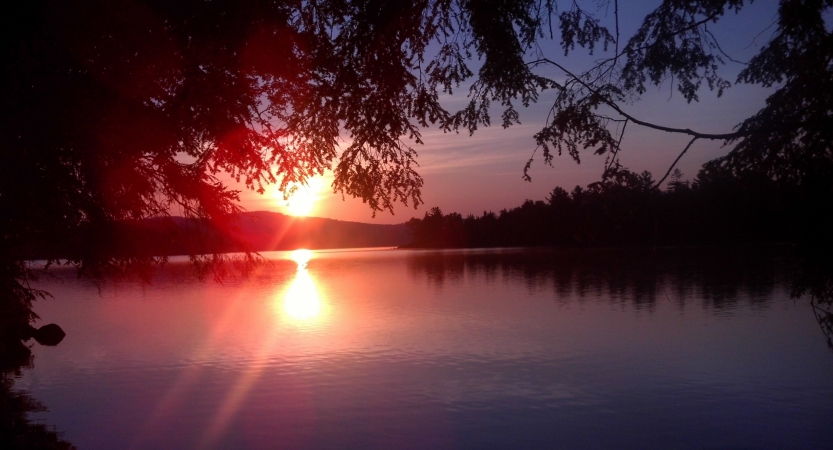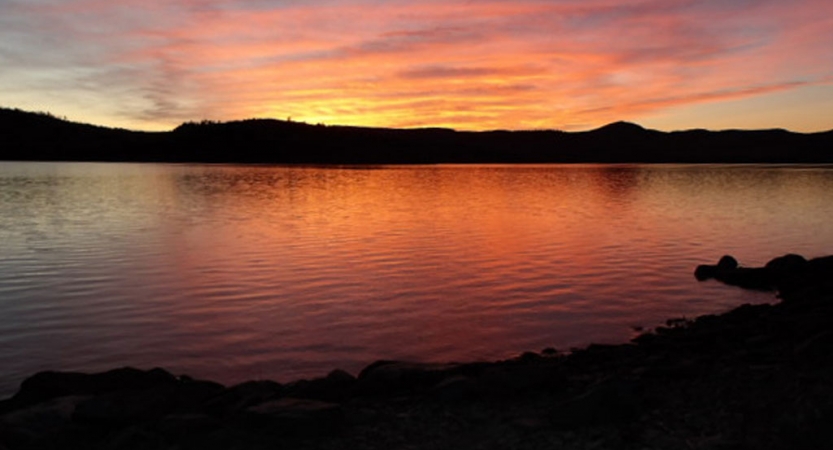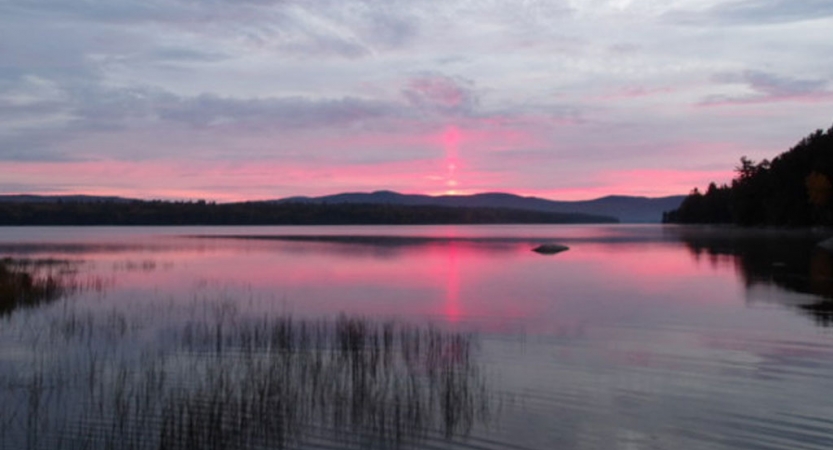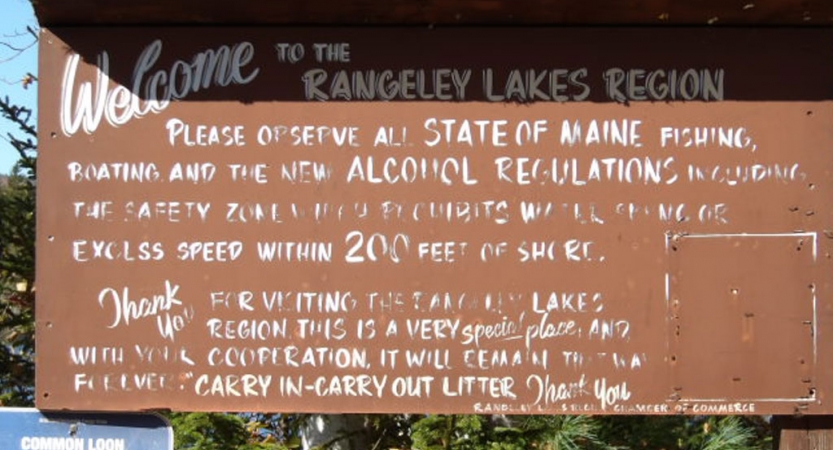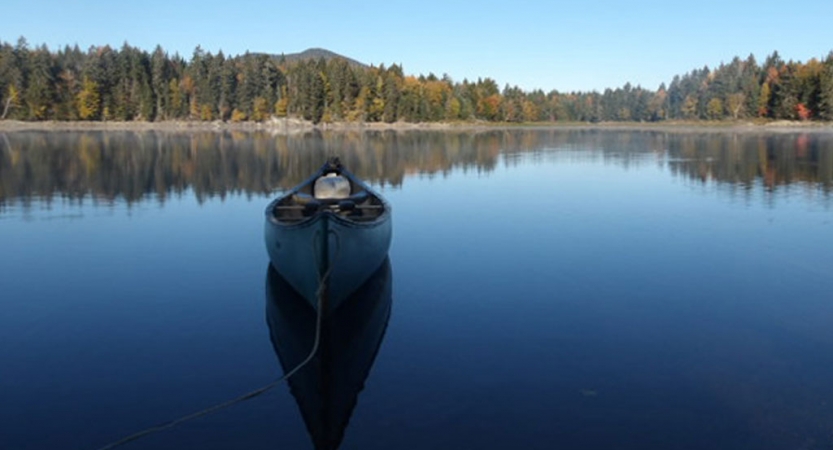-
EXPEDITIONS
-
Joshua Tree Backpacking & Rock Climbing
-
Boundary Waters Dog Sledding & Cross Country Skiing
-
Costa Rica Backpacking & Surfing
-
Boundary Waters Canoeing for Adults
-
Blue Ridge Mountains Backpacking & Rock Climbing for Adults
-
Joshua Tree Backpacking for Adults
-
Boundary Waters Dog Sledding & Cross Country Skiing for Adults
-
Pathfinder Southwest Canyoneering & Rafting
-
Pathfinder Blue Ridge Mountains Backpacking, Whitewater Canoeing & Rock Climbing
-
Pathfinder Rocky Mountains to Canyonlands
-
Blue Ridge Mountains to Florida & Patagonia Leadership Semester
-
Canyonlands to Joshua Tree Leadership Semester
-
Patagonia to Florida & Blue Ridge Mountains Leadership Semester
-
Costa Rica and Panama Leadership Semester
-
Blue Ridge Mountains Backpacking & Rock Climbing for Families
-
Ten Thousand Islands Canoeing for Families
-
Ten Thousand Islands Sea Kayaking for Veterans
-
Blue Ridge Mountains Backpacking & Rock Climbing for Women Veterans
-
Ten Thousand Islands Canoeing for Veterans
-
Backpacking
-
Canoeing
-
Canyoneering
-
Dog Sledding
-
Mountaineering
-
Rafting
-
Rock Climbing
-
Sailing
-
Sea Kayaking
-
Service
-
Snow and Ice
-
EXPEDITION FINDER
CLASSIC FOR MIDDLE SCHOOL
FEATURED CLASSIC FOR MIDDLE SCHOOL
CLASSIC FOR MIDDLE SCHOOL OVERVIEW CLASSIC FOR HIGH SCHOOLFEATURED CLASSIC FOR HIGH SCHOOL
FEATURED CLASSIC FOR ADULTS
FEATURED PATHFINDER
FEATURED SEMESTER
FEATURED OUTDOOR EDUCATOR
OUTDOOR EDUCATOR OVERVIEW INTERCEPTFEATURED INTERCEPT
INTERCEPT OVERVIEW AFFINITY GROUPSFEATURED AFFINITY GROUPS
FEATURED VETERANS
FEATURED ACTIVITIES
FEATURED SCHOLARSHIPS & ACADEMIC CREDIT
SCHOLARSHIPS & ACADEMIC CREDIT OVERVIEW PLANNING COMMUNICABLE DISEASE PRACTICESFEATURED COMMUNICABLE DISEASE PRACTICES

Program Overview
Skills
- Basic First Aid
- Basic Paddle Strokes
- Campcraft
- Food Preparation and Cooking
- Map and Compass
- Navigation
- Safety and Risk Management
- Self Care
- Camaraderie
- Character
- Communication
- Leadership
- Positive Risk Taking
- Problem Solving
- Resilience
- Sense of Social Connection
- Service
Let’s Connect!
Maine Lakes Canoeing for Veterans
On this six-day canoeing expedition designed specifically for veterans, the picturesque waterways of western Maine serve as both home and learning community.
This course is ideal for veterans seeking a fresh challenge in a unique wilderness environment and a collaborative team setting. In a phased teaching progression, Instructors will introduce beginning, intermediate and advanced skills in lake navigation, paddling technique, woods craftsmanship, weather observation and campsite setup. Regular group discussions allow for reflection on each day’s progress, and ensure that leadership and onboard responsibilities are shared so that every crew member is integral to planning the next day. Through living and working closely together, students will learn far more than wilderness travel skills.. The habits learned and strengthened through this canoeing expedition will help veterans with a successful transition back to their families, communities and careers.
Please note: To reduce an extremely high cancel rate for these fully funded courses, we now require applicants to submit a $50 non-refundable Commitment Fee at time of enrollment.
If this fee is a financial barrier, please call our National Admissions Office at 866-467-7651 to request a Commitment Fee Waiver. The waiver process includes submitting a Statement of Commitment confirming your intent to follow through with this program.
Reducing revolving enrollments helps us keep our course inventory more accessible. Thank you for your cooperation.
Program Overview
Skills
- Basic First Aid
- Basic Paddle Strokes
- Campcraft
- Food Preparation and Cooking
- Map and Compass
- Navigation
- Safety and Risk Management
- Self Care
- Camaraderie
- Character
- Communication
- Leadership
- Positive Risk Taking
- Problem Solving
- Resilience
- Sense of Social Connection
- Service
UPCOMING COURSES
What is this?
For detailed information on course availability statuses and what they mean, click here.
Course # HWVC-2621
Age 18 and up
Days 6
Cost $50
Dates 5/30/2026 - 6/4/2026
APPLY NOW
This means a course has several open spots and is actively processing applications.
What is this?
For detailed information on course availability statuses and what they mean, click here.
Thank you for your interest in Outward Bound!
This course starts within the next week. Please call us at 866-467-7651 to assess the possibility of applying for this course!
APPLY NOW
This means a course has several open spots and is actively processing applications.
APPLY NOW – Almost Full
This means there are three or fewer currently available spots left on a course. To secure your spot click Apply Now to begin an application!
JOIN WAITLIST
Once a course has reached capacity, three waitlist positions become available. To join a course’s waitlist, click “Join Waitlist” to begin the application process. A $500 deposit is required. This $500 deposit includes a $150 non-refundable application fee and a $350 tuition payment. The $350 tuition payment is refundable only if you cancel your waitlist application or if an open position does not become available. If a position does become available, the applicant will be applied to the open position and the Application and Cancellation Policies of the Regional Outward Bound School will be followed, including forfeiture of the $500 deposit if you cancel 90 days or less prior to the course start date.
Waitlist applicants are encouraged to complete all required admissions documents while awaiting an open position. Positions may become available up to two weeks prior to the course start date. Applicants may only apply to one course. We recommend applying to a course with open positions instead of a course that is accepting waitlist applications. If you have questions, please call 866-467-7651 to speak with one of our Admissions Advisors.
CALL TO APPLY
This means a course is very close to its start date. Although it is unlikely to secure a spot this late, you can call the National Admissions office at 866-467-7651 to discuss your options.
COURSE IS FULL
When a course has reached maximum capacity, meaning all spots and the three waitlist spots are occupied, a course will read “Course Is Full.” This means applications are no longer being accepted.
CLOSED
As a course nears its start date, the availability status may read “Closed.” In this event, a course roster has been finalized and applications are no longer being accepted or processed.
This course starts in . Are you sure you would like to proceed?
This Outward Bound experience helped me clear my mind because of family stress. When I get back to the real world, I will be a better father and person.
Outward Bound Veterans expeditions build on camaraderie and the challenge of the natural world as a pathway to healing. These expeditions encourage participants to connect with existing strengths and bond with fellow veterans in a safe, positive, mission-driven environment. As they harness the power of wartime experiences like carrying heavy packs, moving fatigued muscles and sleeping outside, these courses help build the self-confidence and sense of purpose veterans need to continue serving as leaders in their families, communities and the nation.
- Build core skills: Veterans receive hands-on training on expedition and personal skills. As part of an inclusive, supportive crew, they gain communication skills, establish trust and validate experiences among other veterans.
- Practice Outward Bound values: Instructors focus on Outward Bound core values like compassion, integrity, excellence, inclusion and diversity to help veterans reflect, share insights and live in the present moment.
- Process and Reflect: Journaling, one-on-one and group discussions help veterans understand how Outward Bound experiences might translate to coping skills back home.
- What participants learn: Veterans return home inspired, ready to tap into rediscovered strengths and eager to find new ways to contribute to society.
Please note: Outward Bound expeditions for Veterans are designed for individuals (who do not already know each other) to come together to form an inclusive crew, work together to overcome adversity, and use the environment they’re in to learn as a team. If you have a group of 3 or more Veterans who already know each other, we have a different experience for that: please contact our National Admissions Office at 866-467-7651 to talk about custom group programs or fill out Custom Programs Form.
Wilderness canoe expedition skills are the mark of a New England outdoorsperson. In the foothills of Maine’s mountains are networks of remote lakes and rivers. Students learn to maneuver canoes using paddle strokes such as the sweep, draw, pry and J-stroke. To get from one waterway into another, students portage (carry the canoes on their shoulders), and line (guide the loaded canoe down the sides of unrunnable rapids). As they learn to work, communicate well and coordinate efforts as paddling partners each day, students discover the power of two people truly working together.
Service projects are often incorporated into Outward Bound courses through coordination with local land managers, conservation groups, government agencies or social service agencies. While on expedition, students are encouraged to practice service to the environment and their team by sharing responsibilities and following Recreate Responsibly ethics throughout the course.
Your canoeing course area will be within the upper reaches of the Androscoggin, Penobscot, Kennebec, Allagash, and/or Upper Dead River watersheds, which are fed by Moosehead Lake, Flagstaff Lake, and the Rangeley Lakes. Indigenous Abenaki peoples used these waterways as both a means of transportation between winter habitats inland, summer living on the coast, and as a source of food. The great rivers of Maine were used to move logs to mills downstate during the logging boom of the nineteenth century. These days the lakes and rivers are used primarily by canoeists, fishermen, and other recreationalists. Some of the portage trails here, such as along the Rapid River, have been in use for centuries.
Course Stories
This Outward Bound experience helped me clear my mind because of family stress. When I get back to the real world, I will be a better father and person.
OTHER COURSES YOU MAY LIKE


Ten Thousand Islands Canoeing for Vete...
Courses: 2 dates available Ages: 18+ Length: 6 Days Cost: $50 Details & Dates

Blue Ridge Mountains Backpacking & Roc...
, , Courses: 1 date available Ages: 18+ Length: 6 Days Cost: $50 Details & Dates



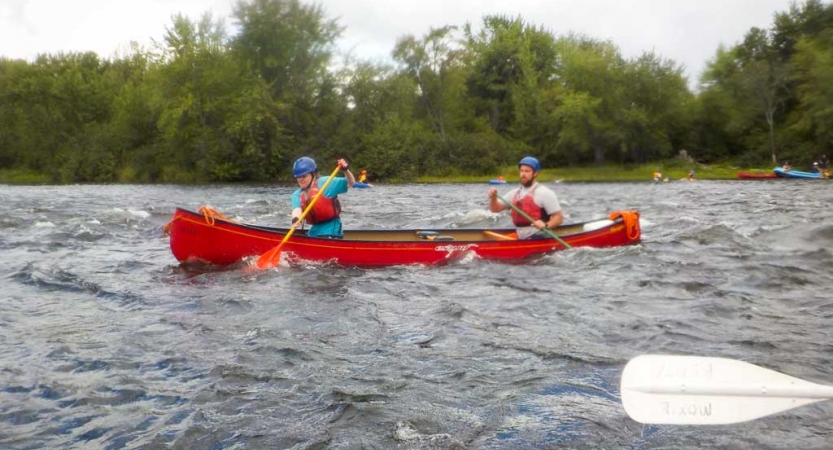
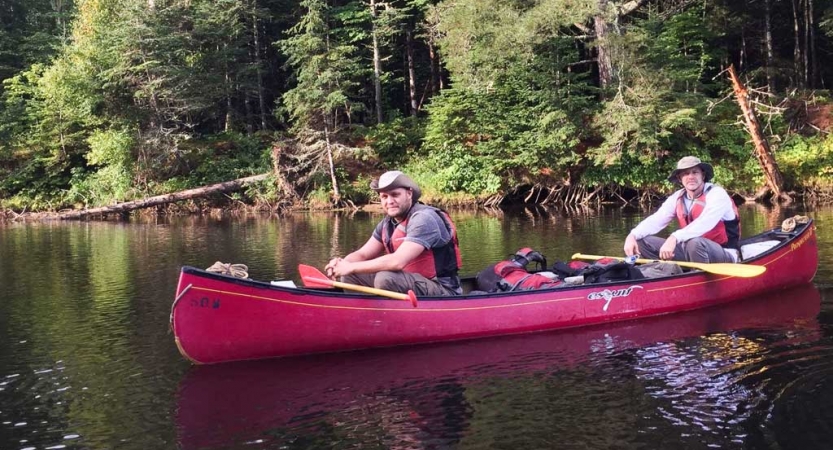
_833_450_crop_fill.JPG)
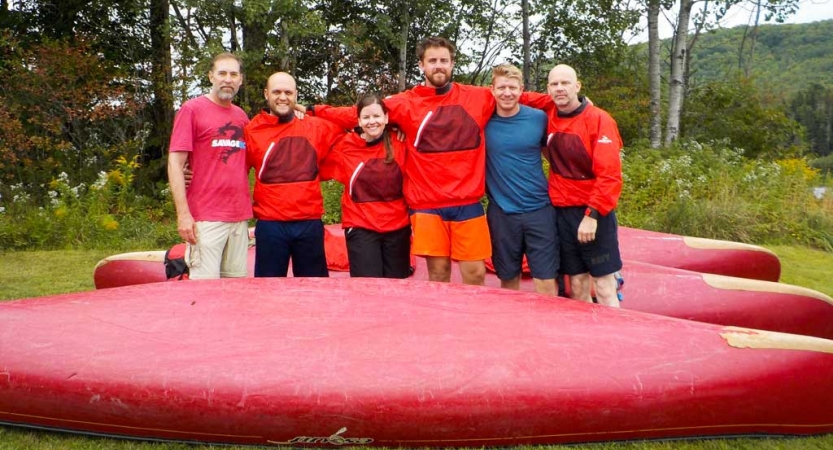
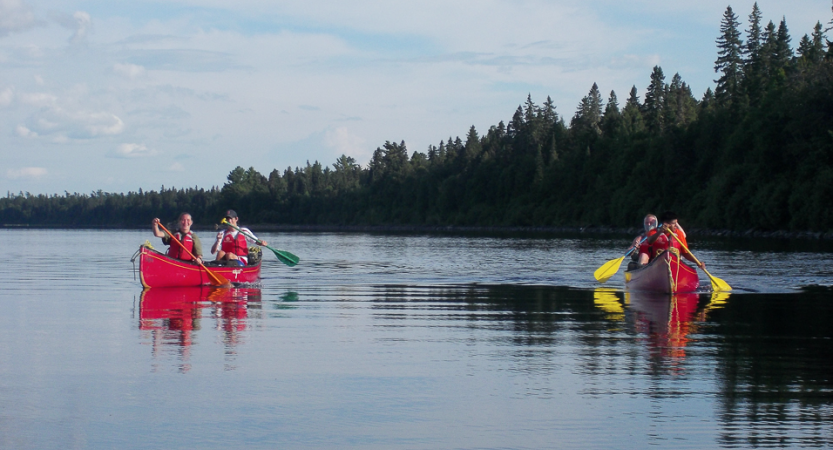
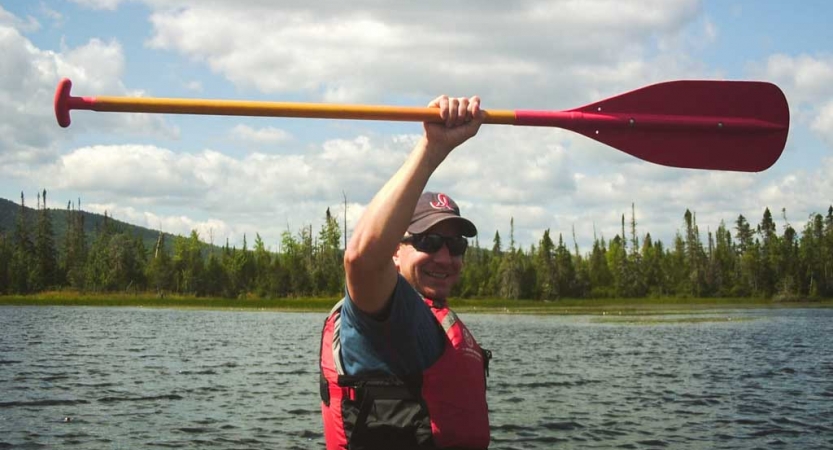
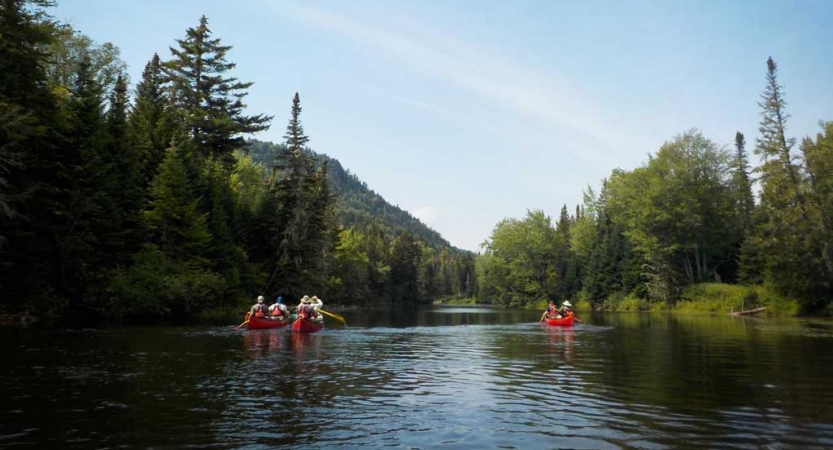
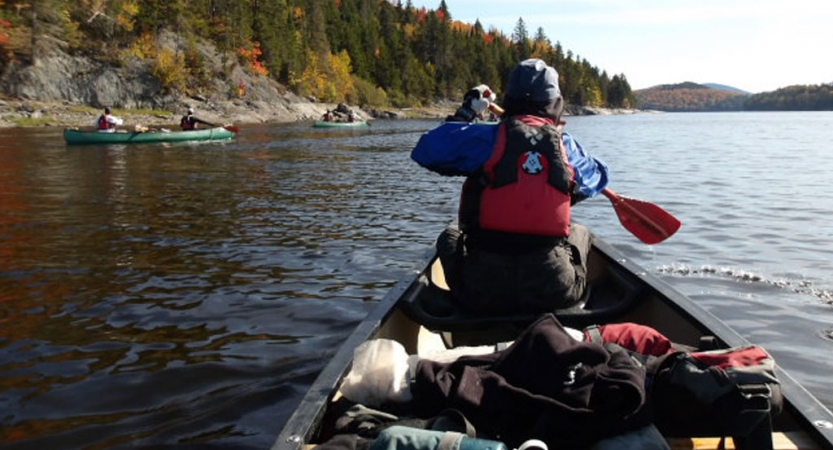
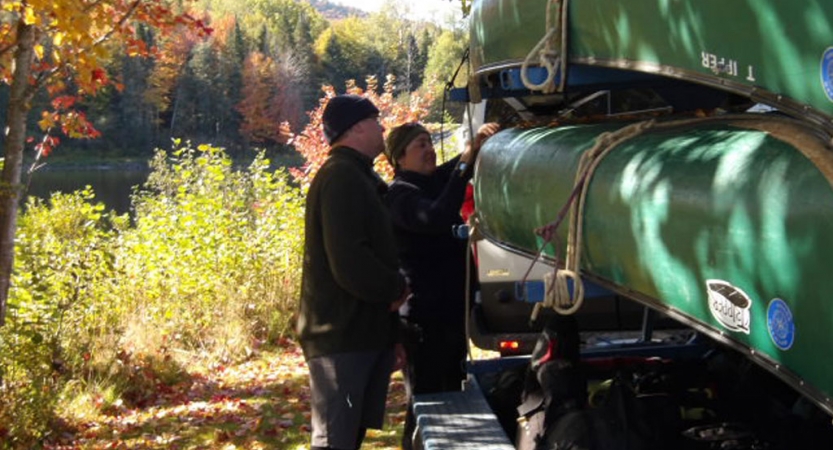
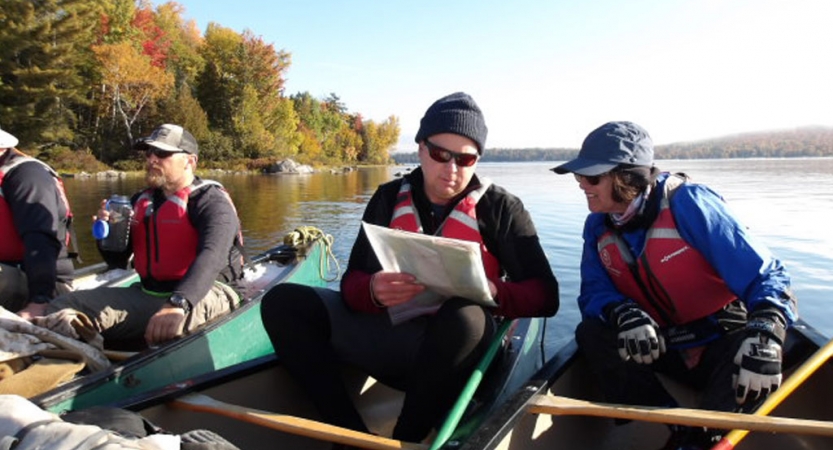
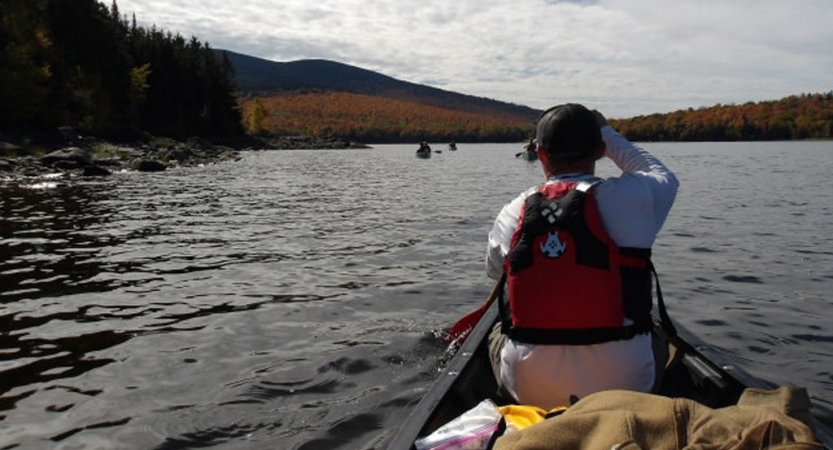
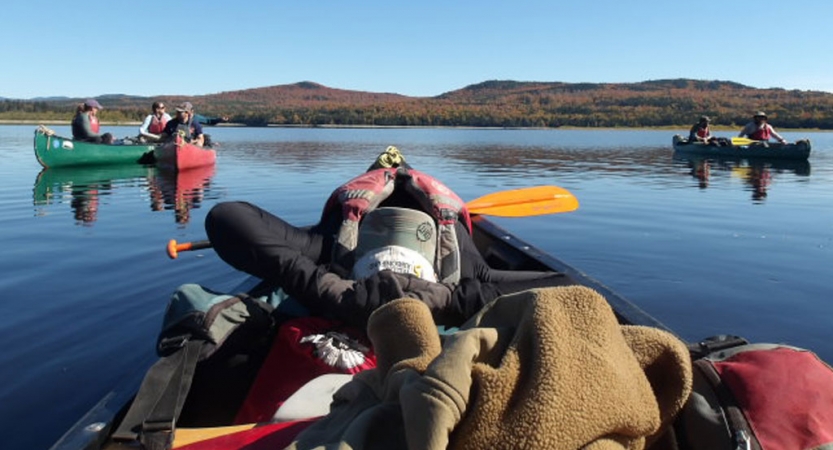
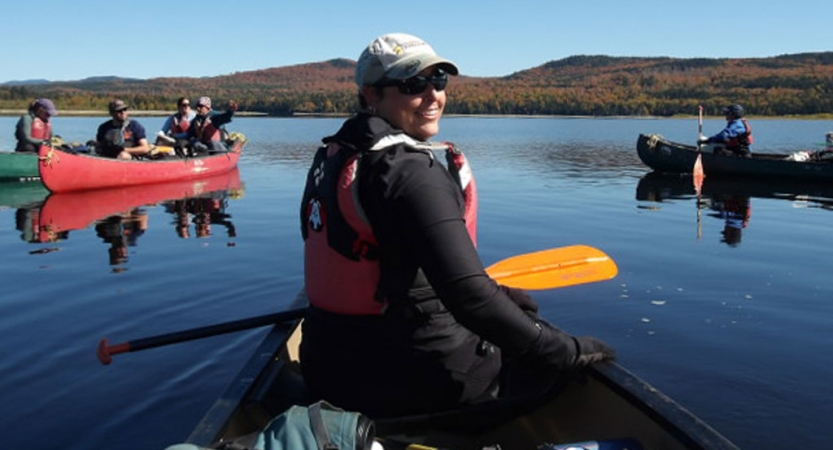
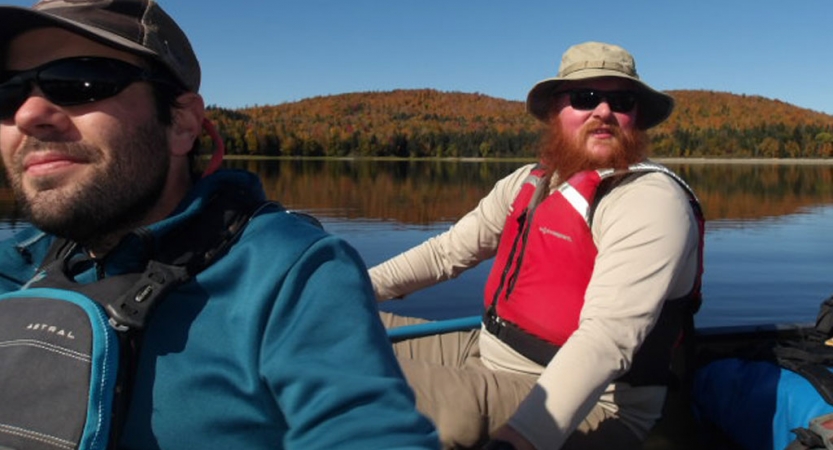
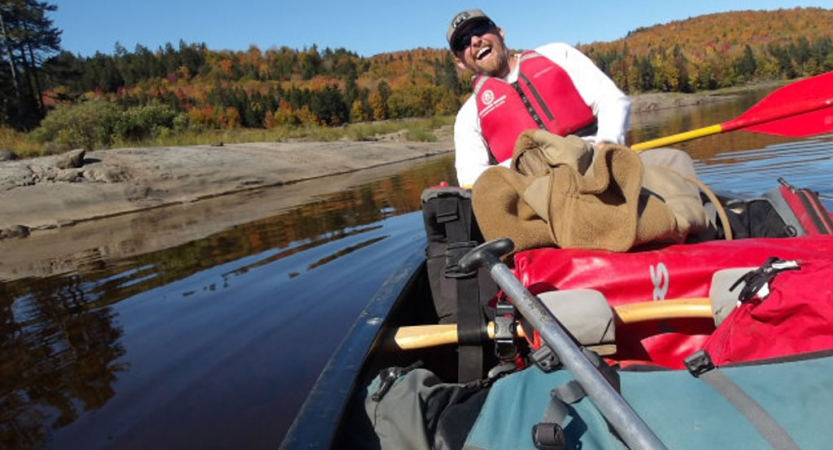
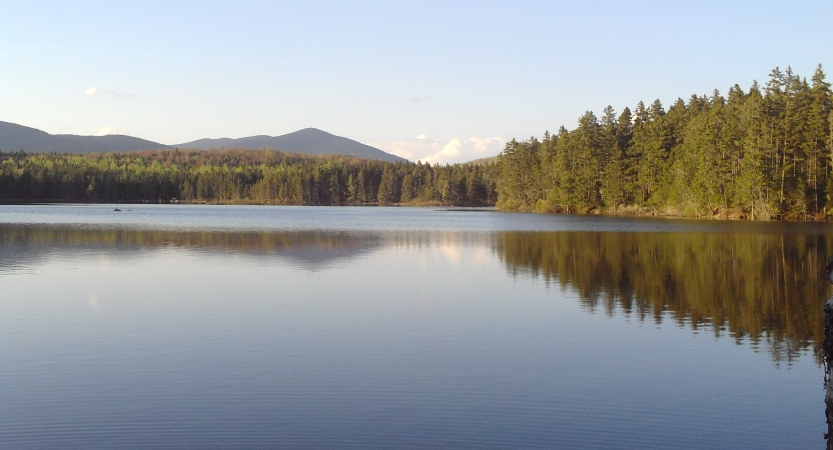
_833_450_crop_fill.JPG)
